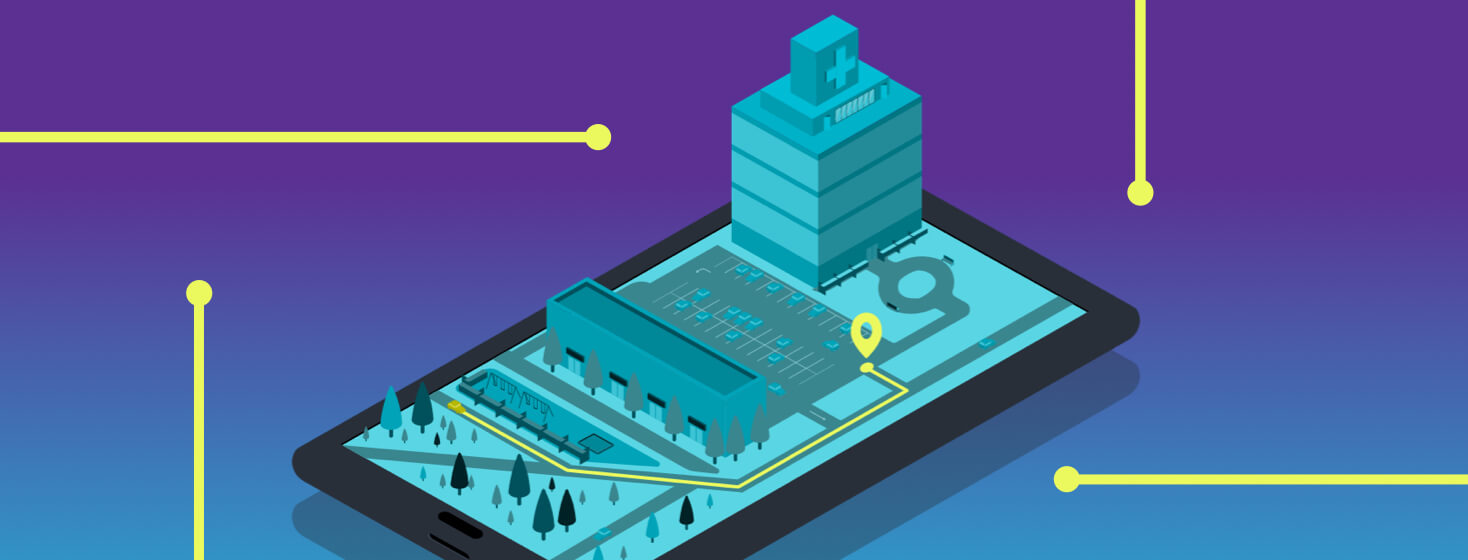What Is an Epilepsy Center?
Epilepsy affects about 1.2 percent of people. In 30 percent of people with epilepsy, seizures cannot be controlled with drugs. If you are one of those people, an epilepsy center may be able to help you control your epilepsy.1
People go to epilepsy centers for both care and treatment. Epilepsy centers can help with routine care, diagnosis, and treatments. They are especially helpful for people whose epilepsy cannot be controlled by drugs (called intractable or refractory epilepsy).2
Epilepsy center levels
Epilepsy centers can provide different degrees of care depending on what you need. There are 4 levels of epilepsy centers. Level 1 care is typically at a standard hospital or emergency room. It may also be with your primary care doctor. At level 2, you will consult with a brain specialist (neurologist). This level of care may take place at an epilepsy center. But levels 3 and 4 happen at specialized epilepsy centers and are more involved.2
Level 3 epilepsy centers can give many types of care. But they are simpler than level 4 centers. For example, they do not do more complex surgery or intracranial (inside the skull) tests. Doctors at level 3 centers can:2
- Look at symptoms
- Perform simple surgery
- Implant a vagus nerve stimulator
Level 4 epilepsy centers provide more complex forms of diagnosis and treatment. Doctors can use electrodes placed in your skull or perform a wider range of surgeries for treatment. They also can monitor your epilepsy with more advanced technology if needed.2
What can an epilepsy center do for me?
If you have uncontrolled epilepsy, an epilepsy center can find out more about it. The primary goal of these centers is to work with you to understand your epilepsy and how to manage it best. They will meet you where your needs are. The staff at an epilepsy center can:1,3
- Do more advanced testing to confirm your epilepsy diagnosis
- Figure out the best medicine and dose for you
- Recommend nondrug therapies that could help, like surgery or the ketogenic (keto) diet
- Look at your medical history to see how your epilepsy could be related to depression or anxiety
- See if you are a good candidate for surgery
- Educate you on how to safely carry a pregnancy, if you hope to become pregnant
When to go to an epilepsy center
You will want to go to an epilepsy center if your seizures are not under control through your primary care doctor after 3 months. If you are seeing a brain specialist, you should request a referral to an epilepsy center if your seizures are not under control within 23 months.3
You should also go to an epilepsy center if you are pregnant or want to become pregnant, or if you continue to have seizures after trying more than one drug treatment for them.3
How to find an epilepsy center
The number of level 3 and 4 epilepsy centers in the United States has increased since the National Association of Epilepsy Centers (NAEC) started its approval program. It is easier now than ever to find a center that can provide you the care you need to manage your uncontrolled epilepsy. You can find one of these epilepsy centers near you using the NAEC website.4

Join the conversation